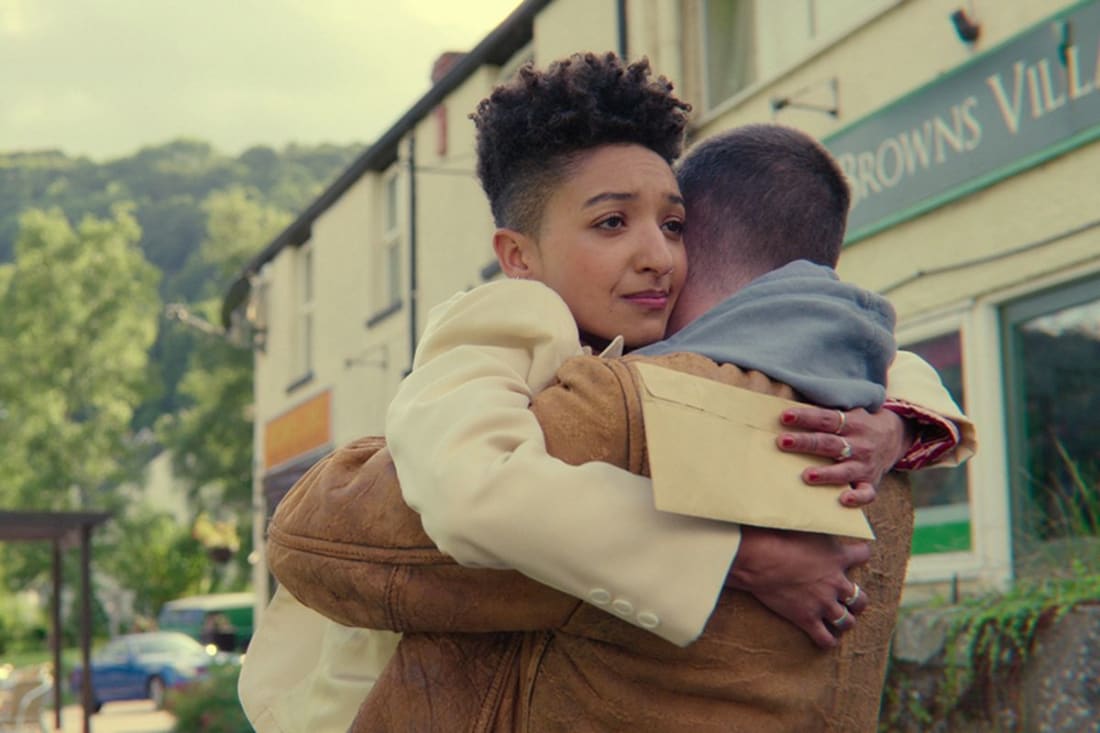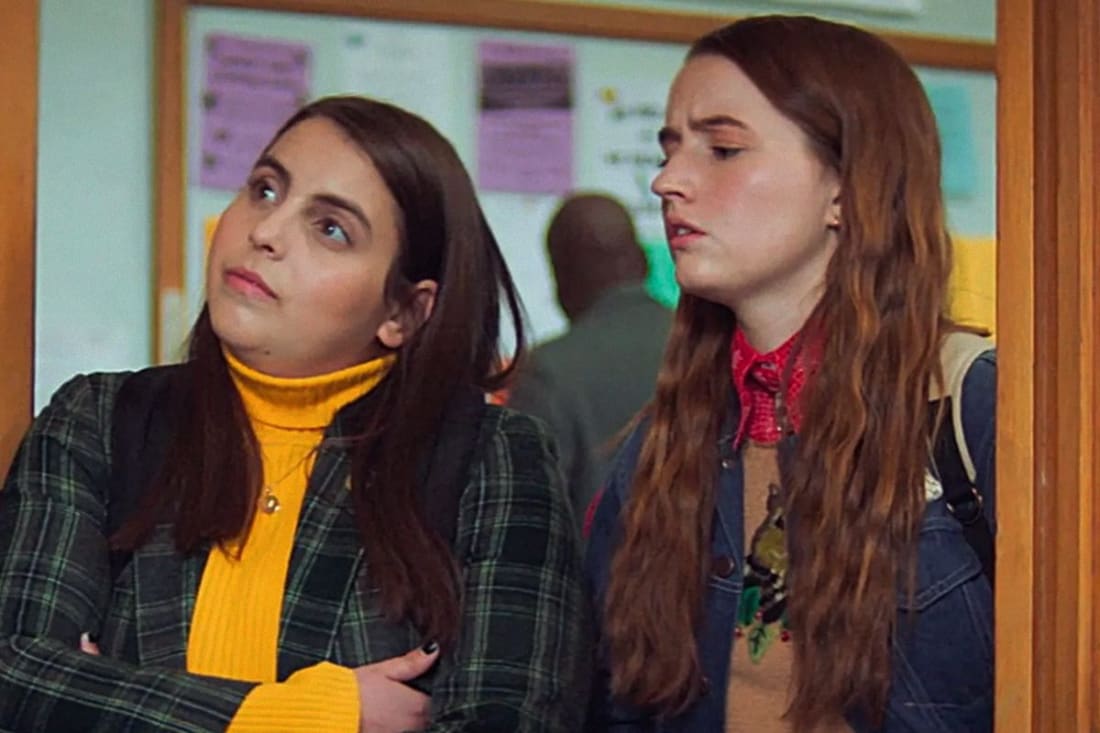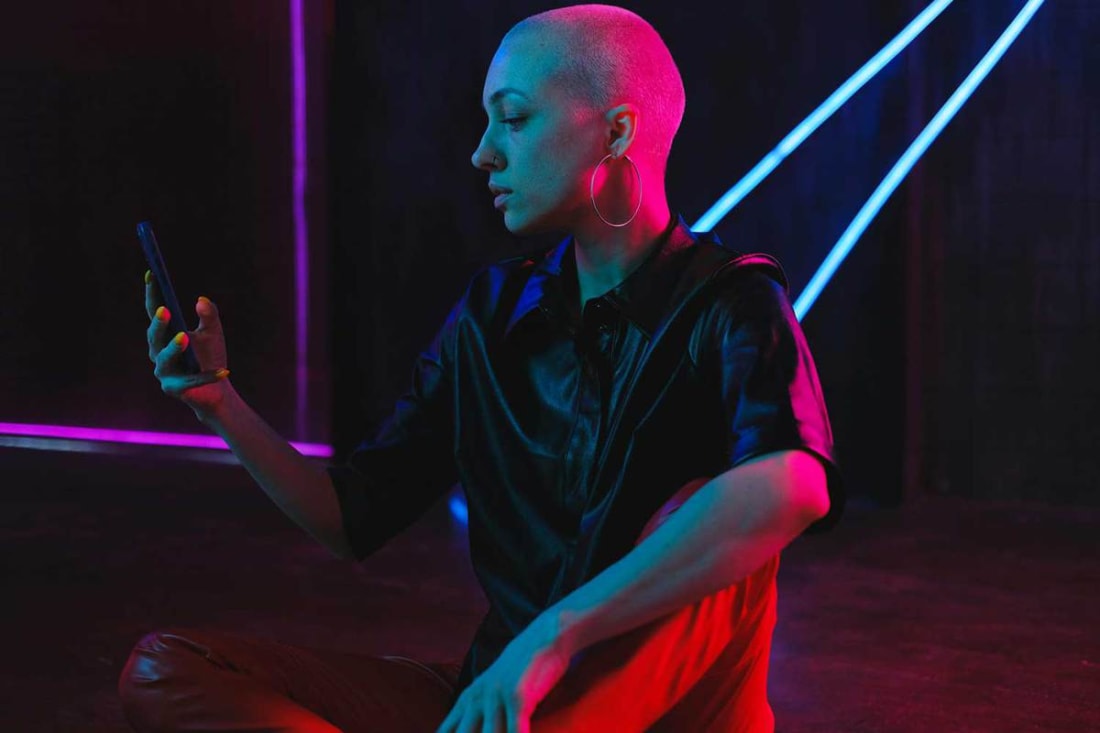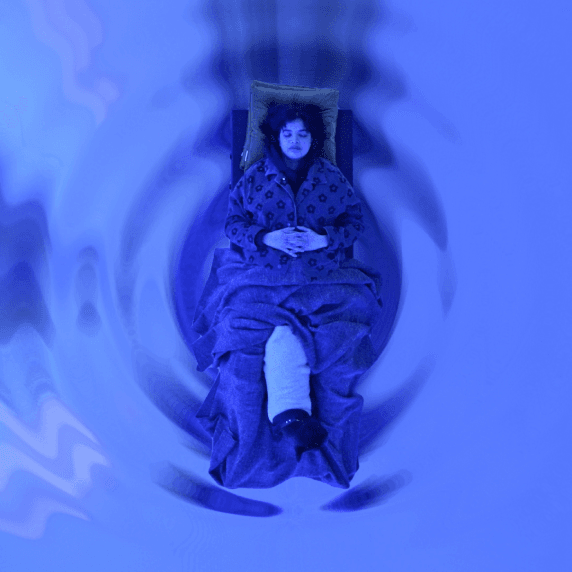Where are the positive male role models?
There’s benefits to having someone good to look up to, here’s how to find them
There’s benefits to having someone good to look up to, here’s how to find them
Having a role model is nice. Finding someone we are inspired by, and want to use as a model for how we can improve ourselves provides guidance in a world full of uncertainty. We might choose a role model for our career, our physique, our creativity, our fashion, or maybe even to help us across our entire life. We choose to find these people in order to feel better about who we are, and where we’re heading with our own journeys.
You may think most people have these inspirational figures in their lives. Yet, when you type ‘good role models’ into Google, the first nine faces that pop up include: Michelle Obama, Emma Watson, Malala Yousafzai, Oprah Winfrey, Serena Williams, and Amelia Earhart. Good people, of course. But, for some reason, all nine are women. So who are the male role models?
Well of course, there’s some male celebrities that people look up to who seem to be all well and good, but if we consider who is influencing young men in this world at the moment, the news tends to paint a more concerning portrait. The names that dominate headlines and fuel discourse across social media are - yes, you know it - Andrew Tate. Joe Rogan, Jordan Peterson.
These role models are considered some the most influential on young men at the moment. A poll, reported on by The Independent says that eight out of 10 teenage boys have watched Andrew Tate’s content. Almost half of Joe Rogan’s audience is reportedly in the 18-34 year old range. Increasingly, though, all three are being seen as morally problematic for a variety of reasons.
Let’s take the most notoriously problematic of the trio, Andrew Tate. The former Big Brother contestant, kickboxer, son of an international chess master. He was arrested as a suspect of human trafficking. New York Magazine reported that “by the end of 2022, #AndrewTate had been searched on TikTok 22 billion times.” Today, when you search ‘Andrew Tate’ or the hashtag of his name, a ‘Be hate aware’ warning pops up, are part of TikTok’s attempt to flag and counteract content that could be used to promote hateful messaging.
One thing these men have in common, which may be indicative to their success as influential figures, is that they talk about emotional mindset or showing a holistic ‘lifestyle’ so openly (i.e noticing that at times we struggle, we have to overcome difficulties) as opposed to just getting better gains, career prospects, or sex. Men haven’t really had influencers who sell a way to process the world. Men have had success stories, or they’ve had to be active in pursuit of learning lessons from the life of someone they could admire.
With people like Tate, Rogan, and most obviously Jordan Peterson who not only has the literal book 12 Rules For Life, but comes with an air of intellect and authority (he’s a qualified psychologist but he has been accused by people including The Guardian writer Dorian Lynskey, of having views full of conspiracy theories), they are selling more of a life approach than anyone else, and they are very vocal about it. For young men especially, a section of society so devoid of explicit guidance, it’s all very convenient and accessible. It’s also very easy to consume in private on your phone via social media. The coming together of this powerful set of factors has led to a meteoric rise in fame, influence, and notoriety for these people.
Asking friends who they considered role models proved unfruitful. While one or two mentioned Joe Rogan, who has been called transphobic, and has a ‘controversies’ section on Wikipedia which includes using racist slurs and his self-medical approaches to combating COVID-19 (and distrust in the vaccine). Other friends came up dry. Variants on: "I don’t really have a role model" or "I like some people a lot but I don’t idolise them.”
This feels both odd, and concerning. Either we are reluctant to admit who our male role models are for fear of showing vulnerability (or the person we admire being deemed as problematic), or we don’t have them. So therefore, either we’re not really being open about who we are to the world, or we lack inspiration in the world, neither of which sound ideal.
People who we could look up to include Bukayo Saka for remaining humble despite being young and one of the most talented and well-loved celebrities of his generation. There’s Tyler The Creator for never being boring and being one of the most innovative creatives around, all whilst being sober. There’s Jonah Hill and Seth Rogan for being authentic and finding ways to manage their physical and mental health while being open about doing so. There’s Adam Sandler for dressing like the physical manifestation of a blissful existence, being incredibly successful, and seemingly fun to be around. But can a millionaire be a role model for a person of normal wealth?
Closer to home, there’s people in our professions we want to emulate professionally, and there’s sometimes loved ones, perhaps parents, who have nurtured us to respect certain behaviours and to take them forward in life. But if a role model is isn’t one specific person, can we claim to have a role model? If not, how do we find one? Enter Jack Worthy, a Gestalt Psychotherapist.
Gestalt therapy, for the uninitiated, focuses on increasing a person's awareness, freedom, and self-direction – all of which are characteristics in looking to find our own personal role model when trying to live the life we want. Jack Worthy helps people to overcome frustrating relationship patterns, self-sabotaging behaviour, persistent depression and anxiety. Many of these feelings can spawn from feeling lost and without guidance in the world.
“Trying to build a life without a role model is a bit like trying to put together a puzzle when you don't know what the final image looks like. You can still do it, it's just much more difficult.” He says, which suggests role models can be pretty important.
“Having someone to follow who is further along the same path as you means you can be sure to take steps that feel safer.” He continues.
Sounds simple, but we’re all still undecided on who to emulate. This isn’t just because men have different aspirations in life, it’s also because the idea of an ideal way to live is more fragmented than ever. Think about it: when we were all hunters and gatherers, roles in life were pretty simple, ways to live were pretty simple. These days, it’s more complicated. The very idea of which embodiment of masculinity to follow is in flux, and Gen Z has different opinions on what masculinity means to the generations above - which makes it even more difficult to find a person to be inspired by.
Finding someone who “has a successful marriage, is a successful father, has a robust social life, an interesting compelling career, and takes very good physical care of himself, and ideally mental care” as Jack lists out, is difficult. But finding someone who fits your specific definitions of a successful marriage (or partnership); is a parent in the way you’d like to be (or isn’t one); has the form of social life you want and doesn’t burn out or get lonely or go deep in to the overdraft each month. You get the idea, it’s very complex.
This complexity means we don’t have role models we agree upon culturally. “Without a culturally agreed upon ideal, it’s really vulnerable as an individual to say: this is what I admire, this is what I'm choosing,” Jack says. Not to mention the general shame we’d feel if we chose to admire someone who turned out to be bad. So where on EARTH do we start?
“You might start within your career. Look at guys that you think are good at your craft. But then ask the question of what's the rest of this guy's life like. You might also notice this guy managed to do what he does by neglecting his family. Then you need to ask if that’s something you’re okay with recreating?” .
What Jack is getting at is the more we can deduce about a person and still admire them, the more reasonable it is to call them a role model. In essence, the more we can say that they have what we want, the better. It also helps to have a non-celebrity to call a role model, perhaps even someone you can speak to (you don’t have to tell them specifically what you think of course). When you stumble across a trait you don’t really like in someone (easily done, nobody is perfect!) you can take lessons in what not to do with yourself - it’ll just make this person less of a complete role model. “It's about noticing the trade offs they made and asking yourself, are those the trade offs that you want to make.” Jack adds.
There is one other option that Jack mentions, “I think there is also the benefit for men working with male therapists,” he says. “While the therapeutic relationship isn't explicitly a mentor relationship, something a lot of men take from long-term therapy with male therapists is seeing a man who's assertive, compassionate, probably interested in family life, and dedicated to career. To do the emotional work needed to become a therapist, often, you're probably more well rounded than others. So it’s not a bad place to look.”
Masculinity and notions of being a man, are in flux. There is a masculinity that has traditionally been there, and a modern masculinity finding its roots within society. What was admirable before might be unacceptable now, the reverse could also be true. This makes finding role models difficult, more nuanced than it was in the past. But we shouldn’t let this completely dissuade us from seeking out people we can call an inspiration for how to navigate life. Life’s difficult no matter how many role models we have, going at it alone is even more difficult. Jack’s advice, hopefully, can help us to make some moves in finding our own role model. We’ll likely feel better having done so.



















